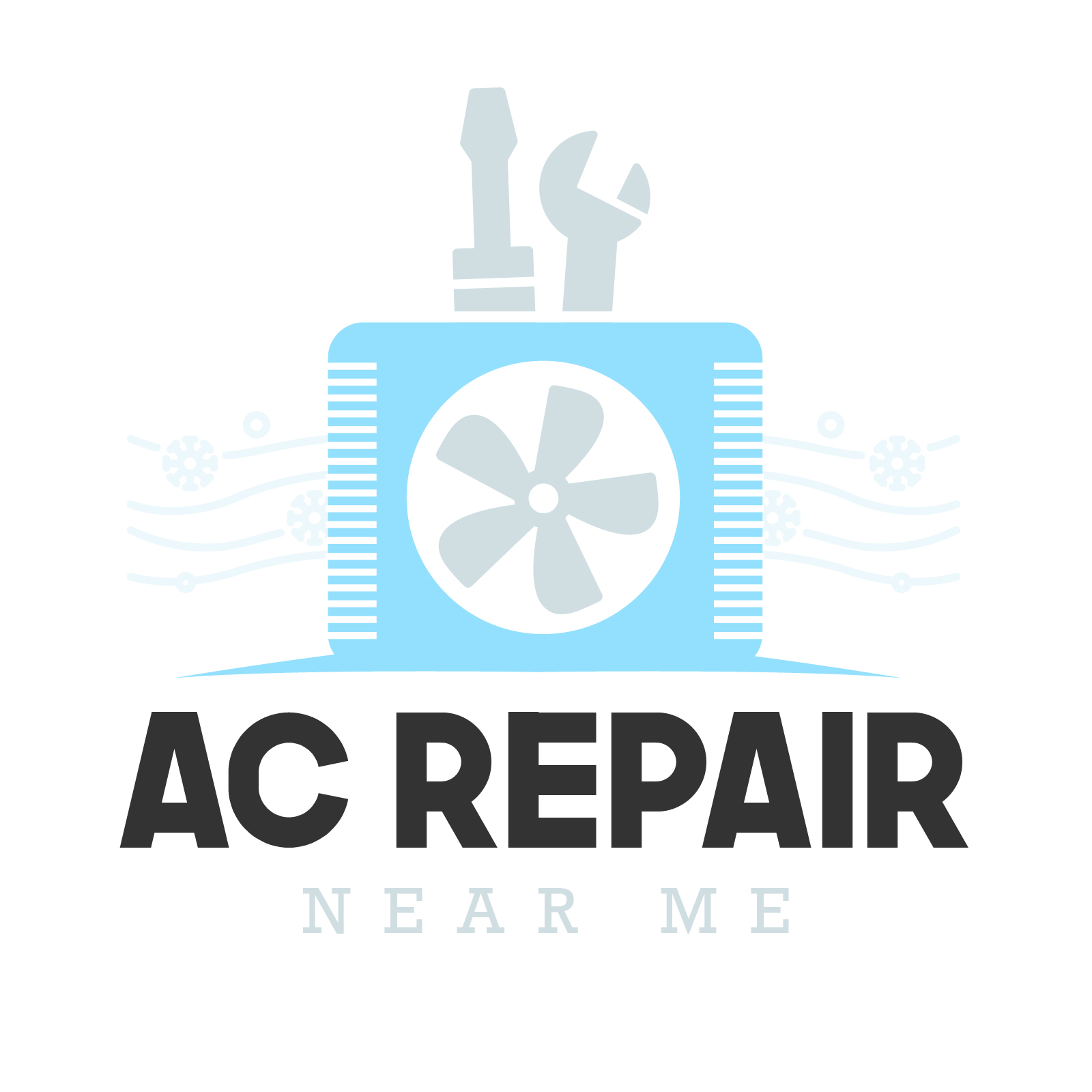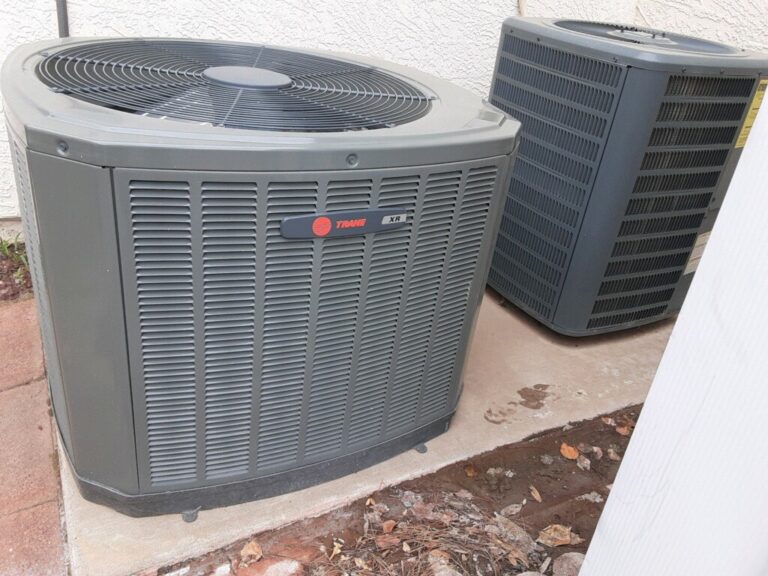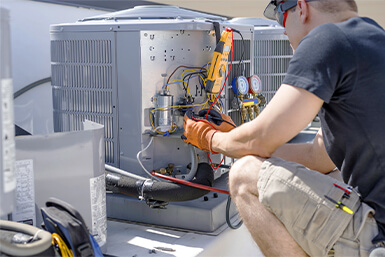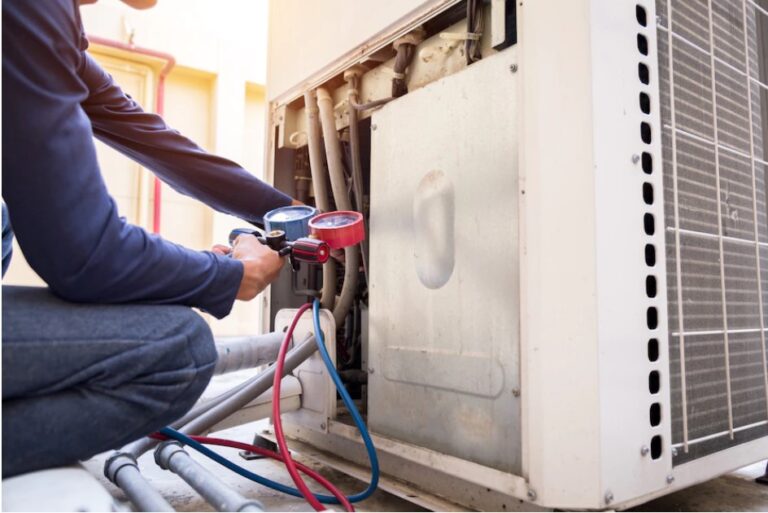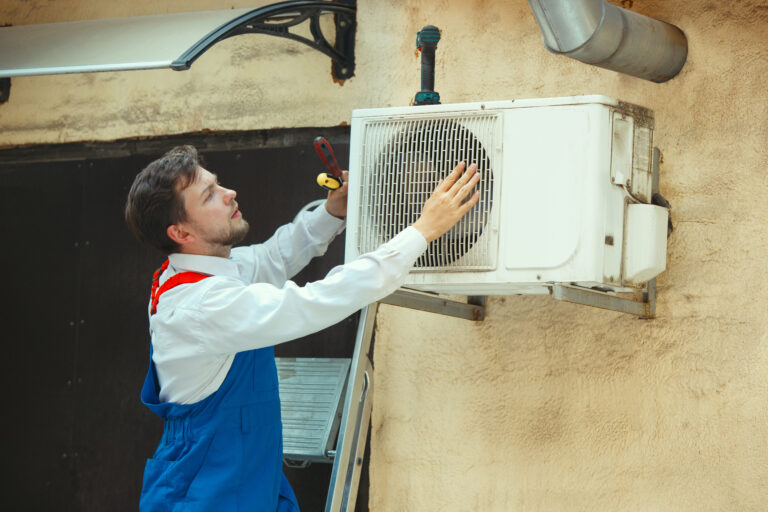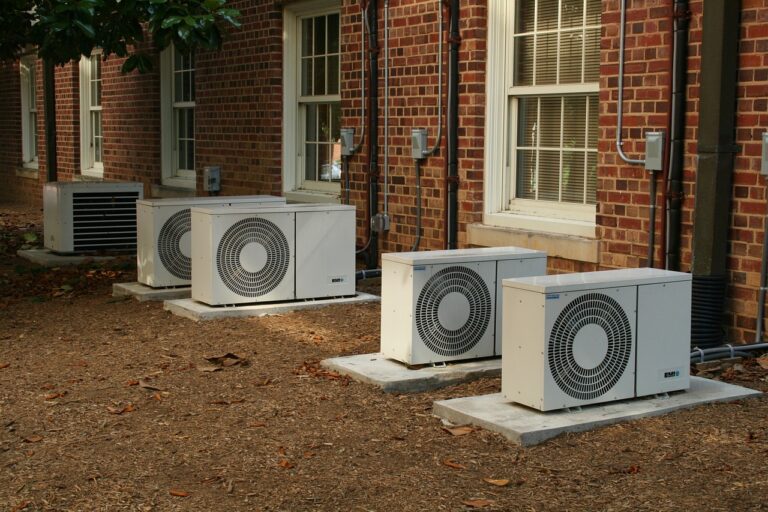Here are some important steps for successful air conditioner repair
If your air conditioner is not cooling your home or business, it may be time for a repair. Here are some important steps to follow in order to have a successful air conditioning repair:
1. Make an appointment with a qualified technician – scheduling an appointment ahead of time will ensure that you get the best service possible.
2. Keep records of all work done on the AC unit – including date and time, what was repaired, and any notes from the technician. This will help you prove if there were any errors made during the repair process.
3. Be prepared to provide documentation of damages – if there are any discrepancies between what was said happened during the repair and what can be documented, experts may need proof in order to reimburse you for expenses incurred (such as lost wages).
Get to know your air conditioner
It’s that time of year again. The days are getting hotter and the nights are sticky and humid. You know what that means- your air conditioner is about to get a workout. But before you start cranking up the AC, there are a few important steps you should take to ensure successful air conditioner repair.
1. Check Your Filter
Your air conditioner’s filter is responsible for trapping dirt, dust, and other particles from circulating through your home. Over time, these filters can become clogged, which reduces airflow and makes your AC unit work harder than it needs to. To avoid this, check your filter monthly and replace it as needed.
2. Clean the Coils
The coils on your AC unit can also become covered in dirt and dust, which affects its ability to circulate air properly. To clean the coils, simply remove them (be careful not to damage them) and use a soft brush or vacuum attachment to remove any build-up.
3. Straighten the Fins
The fins on your AC unit help dissipate heat, so it’s important that they’re able to do their job properly. If they become bent or damaged, they won’t be as effective at cooling your home. Use a fin comb to straighten out any bent fins – just be careful not to damage them in the process!
4 Schedule Annual Maintenance
To keep your AC unit running smoothly all summer long, it’s important to have it serviced by a professional at least once per year. This will help identify any potential problems before they cause major damage (or require an expensive repair).
Identify the problem
If your air conditioner is not working properly, it can be a very frustrating experience. There are a few things that you can do to try and fix the problem yourself before calling a professional. By following these simple steps, you may be able to get your air conditioner up and running again in no time!
1. Check the thermostat: The first thing you should do if your air conditioner is not working is to check the thermostat. Make sure that it is set to “cool” and that the temperature is set lower than the current room temperature. If the thermostat is not set properly, it could be causing your air conditioner to not work correctly.
2. Clean or replace the air filter: Another reason why your air conditioner may not be working properly is because of a dirty or clogged air filter. If the air filter has not been changed in awhile, it could be full of dust and debris which is preventing proper airflow. Try cleaning or replacing the air filter and see if this fixes the problem.
3. Check for power: Sometimes, an issue with an air conditioner can be as simple as it being unplugged or having a blown fuse. Before doing anything else, make sure that there is power going to your unit by checking the circuit breaker or fuse box. Once you have confirmed that there is power, try turning on your unit again and see if it works properly now.
Gather the tools you need
1. Check the air filter
2. Inspect the coils and fins
3. Examine the compressor
4. Look for leaks
5. Check the thermostat
6. Clean the unit
7. Perform routine maintenance tasks
8 Troubleshoot problems
Assuming you would like a blog titled “8 Important Steps For Successful Air Conditioner Repair”:
As temperatures start to rise, many of us begin to think about how we can keep our homes cool and comfortable during the hot summer months ahead. One important way to do this is to make sure your air conditioner is in good working order, which means regular care and repairs as needed. Here are 8 important steps you can take to ensure successful air conditioner repair:
1) Check The Air Filter – One of the most important aspects of keeping your AC unit in good shape is regularly changing or cleaning its air filter. A clogged air filter will not only reduce efficiency but can also cause long-term damage to your AC unit. Be sure to check and replace/clean your air filter at least once every few months (more often if you have pets or live in a dusty area).
2) Inspect The Coils And Fins – Another key part of successful AC repair is keeping the coils and fins clean and free of debris. These components help transfer heat away from your home, so if they become dirty or damaged, it will negatively impact your AC unit’s performance. You can clean them yourself with a brush or by vacuuming, but be careful not to bend or damage them in the process; it’s best to leave this task to a professional if possible.
3) Examine The Compressor – The compressor is one of the most expensive parts of an AC unit, so it’s important to keep an eye on it for any potential problems. If you notice any leaking fluids or other issues, be sure to call a professional right away as these could indicate a serious problem that needs immediate attention
4) Look For Leaks – Another thing you should check for are any leaks in your AC system; even a small leak can lead to big problems down the road if left unaddressed.. If you do find a leak, don’t try to fix it yourself; always call a professional as they will have the tools and experience necessary to properly fix the issue without causing further damage
5) Check The Thermostat – Making sure your thermostat is properly calibrated is another crucial step in successful AC repair.. This simple task can save you money on energy bills while also pro longing the life of your AC unit; if you’re unsure how to properly calibrate your thermostat, consult your owner’s manual or call a professional
6) Clean The Unit – In addition to regularly changing/cleaning the air filter, it’s also important to clean the actual AC unit itself every now and then.. This helps prevent dirt and dust buildup which can lead to all sorts of problems down the road
7) Perform Routine Maintenance Tasks– Just like with anything else in life , preventive maintenance is always better than waiting until something goes wrong before taking action . Be sure to follow any routine maintenance tasks recommended by manufacturers on how often you should service your specific model .. This will help keep small problems from becoming big ones!
8 )Troubleshoot Problems– Last but not least ,if you do happen t o run into any issues such as strange noises or reduced airflow , don ’t panic ! Many times these can be simply resolved by checking a few basic things(such as filters or blockages ) before calling in a professional . However ,if you are unable to identify and fix the problem on your own ,it ’ s always best to speak with a qualified technician who can safely & effectively repair our AC unit .
Clean the condenser coils
You should clean the condenser coils of your air conditioner at least once a year. Dirty coils can cause the unit to overheat and shut down, which can damage the compressor. The best way to clean them is with a brush or vacuum attachment. First, turn off the power to the unit and remove any debris from around the coils. Next, use the brush or vacuum attachment to remove any dirt or dust from the coils. Finally, rinse the coils with a garden hose and allow them to dry completely before turning on the power again.
Check the Freon levels
If your air conditioner is not working as efficiently as it should, one of the first things you should check is the Freon levels. Freon is a gas that helps to cool the air inside your AC unit. When there is not enough Freon, the air will not be cooled properly. Here are some tips on how to check the Freon levels in your AC unit:
1. Check the pressure gauge: The pressure gauge on your AC unit will tell you if there is enough Freon in the system. If the needle on the gauge is in the red zone, this means that there is not enough Freon and you need to add more.
2. Check for leaks: Another way to tell if there isn’t enough Freon in your system is by checking for leaks. You can do this by looking for any wet spots around your AC unit. If you see any wet spots, this means that there is a leak and you will need to add more Freon to the system.
3. Call a professional: If you’re not sure how to check the Freon levels or if you think there may be a problem with your AC unit, it’s best to call a professional. A professional will be able to diagnose any problems and get your AC unit back up and running smoothly
Replace the air filter
Your air conditioner works hard to keep your home cool and comfortable during the hot summer months. To keep it running properly, you need to regularly replace the air filter. A clogged air filter can cause your AC unit to work harder, which can lead to expensive repairs or even replacement.
Here are some important steps for successful air conditioner repair:
1. Turn off the power to your AC unit before beginning any repairs.
2. Locate the air filter. This is usually located behind the front grille of the unit.
3. Remove the old air filter and discard it properly. Be sure to check your owner’s manual for specific instructions on how to remove and replace your particular model’s air filter.
4. Install a new, clean air filter in its place. Again, be sure to consult your owner’s manual for specific instructions on how to do this correctly for your model of AC unit.
5 .Turn the power back on to your AC unit and enjoy cool, comfortable indoor temperatures all summer long!
Lubricate the moving parts
1. Check the air filter and replace it if necessary. A dirty air filter will restrict airflow and cause the system to work harder, which can lead to problems.
2. Clean the coils on the condenser (the unit that sits outside). Dirty coils can cause the system to overheat and shut down.
3. Inspect the evaporator coil (the unit inside your home) and clean it if necessary. Dirty coils can also cause overheating and shutdowns.
4. Check all of the ductwork for leaks or blockages. Leaks can reduce efficiency and blockages can prevent air from flowing at all.
5. Have a professional inspect the entire system, including all of the electrical components, to look for any potential problems
Call a professional
It’s no secret that a broken air conditioner can make for a very uncomfortable situation. Whether it’s during the hottest days of summer or the coldest days of winter, dealing with a malfunctioning AC unit is never fun. That’s why it’s important to know how to properly repair your air conditioner. By following these simple steps, you can ensure that your AC unit is repaired quickly and efficiently.
1) Check the power supply: The first step in any repair process is to check the power supply. Make sure that your AC unit is plugged in and receiving power. If it isn’t, then you’ll need to troubleshoot the issue before proceeding.
2) Inspect the filters: Once you’ve confirmed that there is power reaching your AC unit, the next step is to inspect the filters. Clogged or dirty filters can restrict airflow and cause all sorts of problems. Clean or replace the filters as necessary.
3) Check for leaks: Another common problem with AC units is leaks. These can be caused by everything from loose fittings to cracked ductwork. Inspect your unit for any signs of leaks and repair them as needed.
4) Test the thermostat: A faulty thermostat can also cause all sorts of problems with your AC unit. Test the thermostat to see if it’s working properly. If not, then you’ll need to either replace or recalibrate it.
5) Call a professional: Sometimes, no matter how much you troubleshoot, you just can’t figure out what’s wrong with your AC unit on your own. In these cases, it’s best to call in a professional for help. They will be able to diagnose and solve the problem quickly and efficiently
